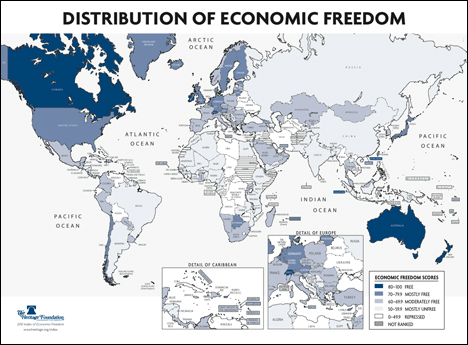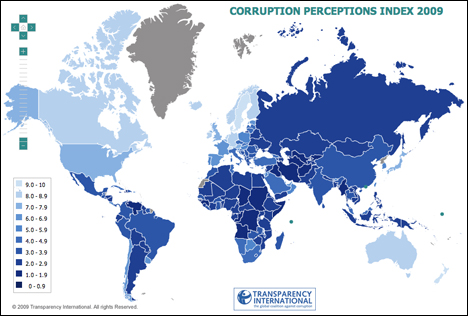A Ramblin’ Gamblin’ Willie story
The little boy came gamboling up to me when I was just over the ridge. He was big for three, small for four, and cute by any measure. Brown hair, blue eyes and a smile as quiet as firecrackers.
I was cutting across the park on my way to the library, and I’d come a little closer to the playground than I had wanted to. Unaccompanied adults have no business being at the playground. It spooks the parents, and it ought to. For myself, while I like kids well enough, I don’t much like what comes with them these days…
“I’m Shotterman!” said the little boy. He struck a menacing pose. He was wearing little blue shorts and a black Mickey Mouse tee shirt. He had Spiderman sneakers on his tiny feet.
“Hi, Shotterman,” I said. “What are you?”
“Huh?”
“What are your powers, Shotterman?”
“Oh,” he said. “I can shoot.” He cocked his finger. “Pshew! Pshew pshew! Pshew!”
“Shotterman!” I announced. “Strange visitor from another planet with an uncanny aim and accuracy. Shotterman! Able to compete for marksmanship prizes on five continents.”
Shotterman laughed with delight, as I knew he would. This was entertainment he thoroughly understood.
And here’s a little something I understood: He (more…)














